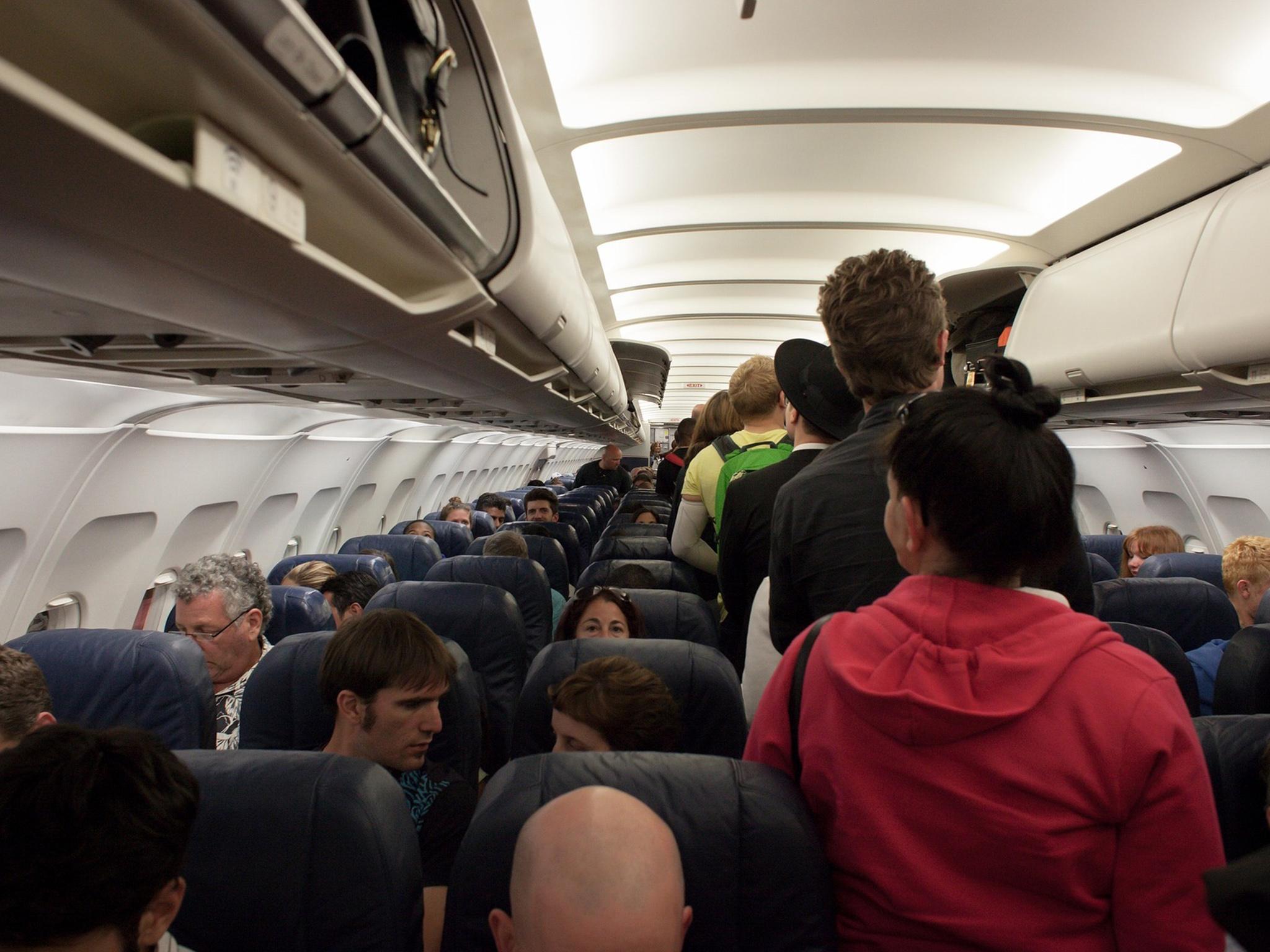Plane talk: 'callable tickets' could be the solution to the problem of overbooked flights
‘Callable’ tickets are just an idea, but if made a reality they would certainly be a better remedy than brute force

At the end of a week in which the world was horrified at the way United Airlines enforced its overbooking policy at Chicago O’Hare airport, even the most zealous revenue-management specialist must accept that there are better ways to resolve the issue of too many passengers/not enough seats than brute force.
At one stage in the aftermath of this corporate shambles, United’s market value dropped by a billion dollars – which is appropriate, given that the root of the incident was the carrier’s greed for cash.
I have already written about how airlines must up their game by offering better inducements to get passengers to walk off the plane voluntarily; so much more dignified than dragging a screaming man along the aisle of an aircraft.
But there is a more humane way to behave in situations when the airline detects that passengers are prepared to pay a fortune for a particular flight: “callable” tickets.
Here's how the concept could work. The day after Dr David Dao was wrenched from his seat, I was flown without incident from Gatwick to Catania in Sicily by British Airways. Every seat on the flight was occupied. I had paid £80 for the privilege, months before departure.
With other airlines flying from the UK to Sicily also (over-) full, I bet BA could have resold my seat for three times as much. And, had I been sold a “callable” ticket, the airline could have done.
The principle is straightforward. When I bought the ticket, the airline could have said: “We would like to keep an option on reselling your seat. If we do, we will pay you twice what you paid for it. If you like that idea, tick this box. Probably that will be the last you hear from us, but if we decide to ‘call’ your ticket, we will do so no less than 24 hours before departure.”
Passengers who prefer certainty – or at least as little uncertainty as is possible in aviation – simply leave the box unticked. Those of us with the flexibility to accept short-notice changes to plans, though, can give the airline the option content that there are two possible outcomes: a trip to Sicily as booked, or a £80 profit to fuel future travel.
Airlines should find the prospect seductive. Sudden spikes in demand for flights arise for all kinds of reasons. European football is a favourite: when a team from one big city is drawn against another for a midweek game, suddenly all available seats on the route are like gold dust. And in the context of Sicily, the sad situation of a family funeral can mean a significant number of people desperately seeking seats at short notice. In the hard-nosed business of revenue management, “distress” purchasers like this are renowned for being prepared to pay whatever it takes.
So far callable tickets have been strictly theoretical, with academics in the US including Guillermo Gallego and SG Kou from Columbia University describing how it could work.
After the United debacle, I speculate that a customer-focused airline will look at the prospect of a pilot scheme involving callable tickets – probably on domestic routes, where road and rail provide an alternative for travellers who surrender their seats.
The law of unintended consequences will no doubt come into operation, perhaps in the shape of people whose right to fly has been revoked but turn up at the airport anyway demanding to fly. But airlines might just find that they can sell fewer seats that don’t exist: they can overbook less, yet still extracting premium fares from surges in demand. It beats beating up passengers.
Join our commenting forum
Join thought-provoking conversations, follow other Independent readers and see their replies
Comments
Bookmark popover
Removed from bookmarks